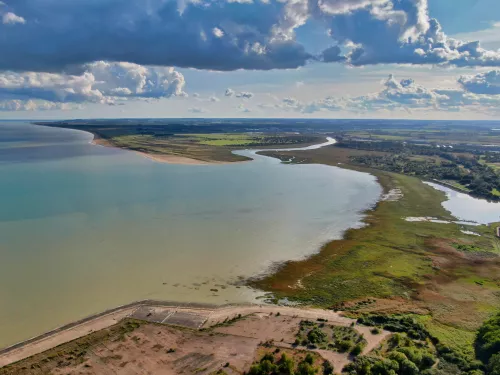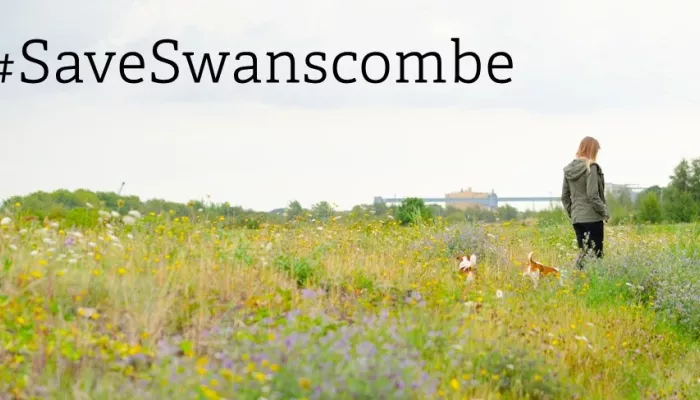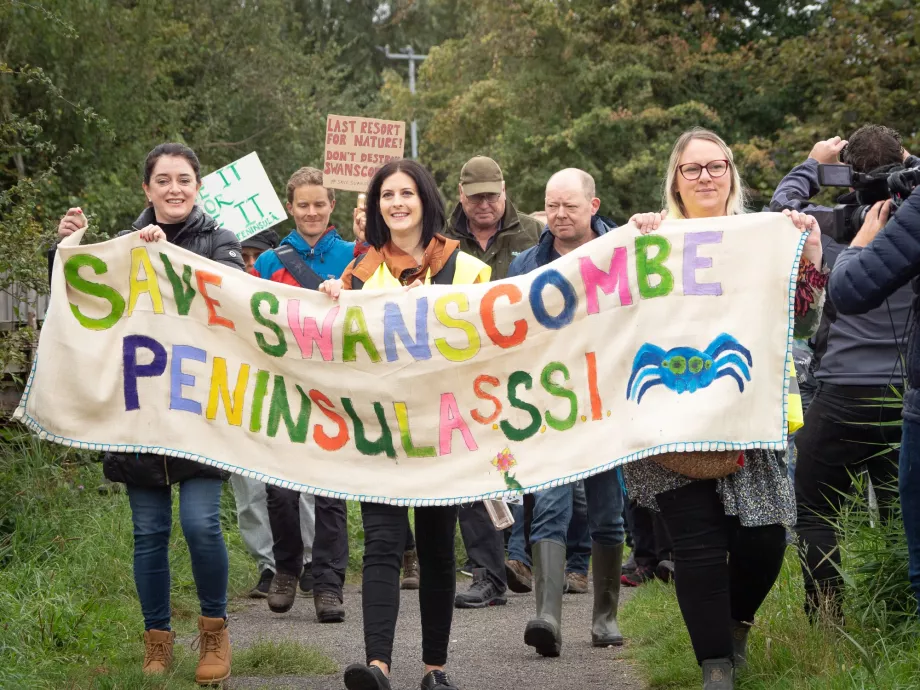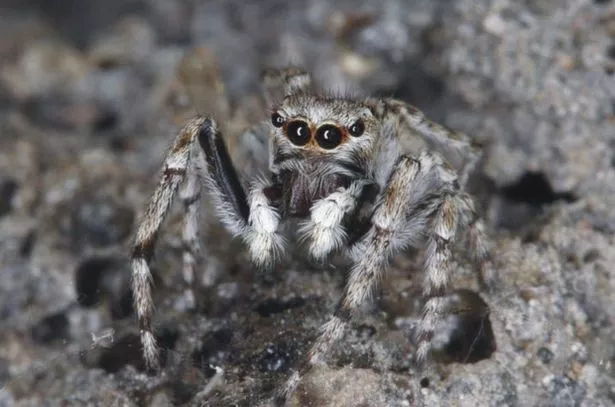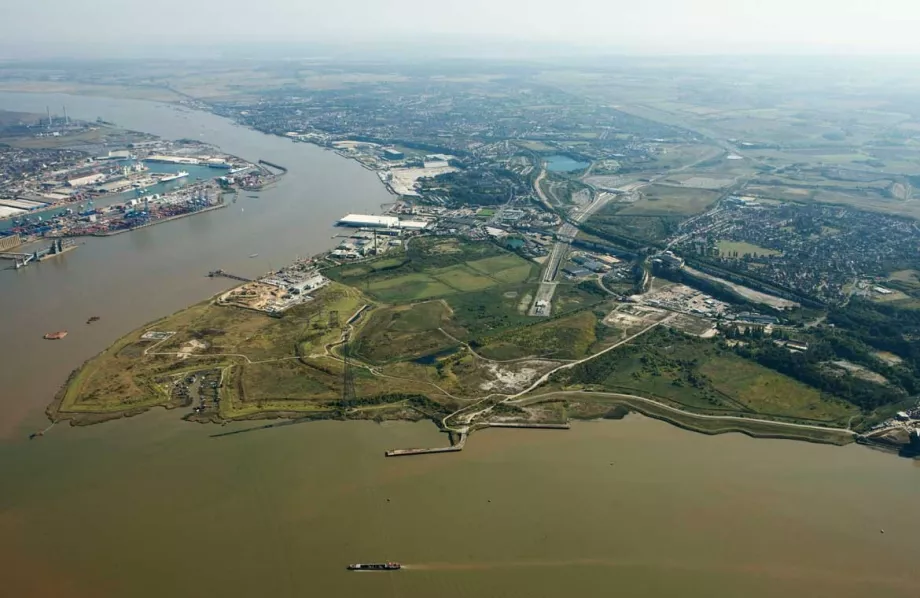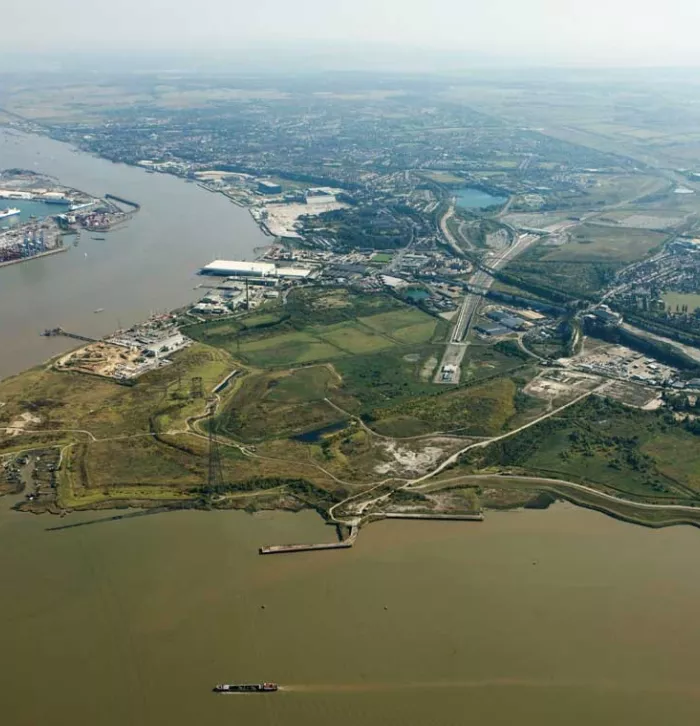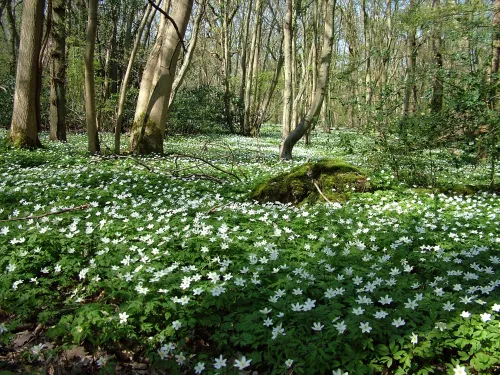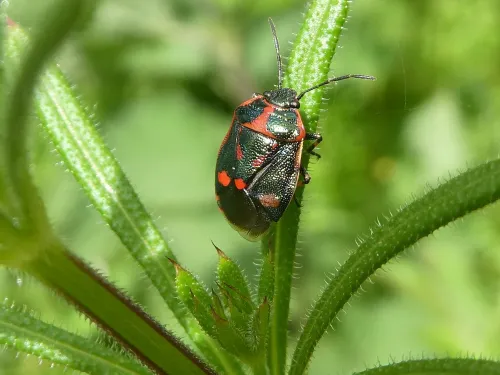Jamie Robins, Programmes Manager at Buglife: “The London Resort would be one of the largest ever losses of designated habitat in England. At a time when the value of wildlife and open spaces is being appreciated more than ever and amid ongoing declines in some of our best loved wildlife, we need to be clear that our SSSIs, our national treasures, should be out of bounds to developers. Now that the application has been withdrawn, we have to make sure that the proposals never come forward again and the site can be kept for nature.”
Vicky Ellis, General Manager at CPRE Kent: “We are delighted that this amazing SSSI and its precious flora and fauna has been saved from becoming a theme park for the time being. However, we are aware that the threat to this SSSI site remains, so we must not rest on our laurels in this fight to protect this special area from inappropriate development.”
Craig Bennett, Chief Executive of The Wildlife Trusts: “We’re delighted the application has been withdrawn so the Swanscombe Peninsula can remain a haven for endangered and rare wildlife, rather than being sacrificed for an unnatural theme park.
“Land designations exist to protect our most important sites from overzealous developers. To restore the natural world, it is vital the Government resists calls to change the rules to make it easier to build on SSSIs and other important wild places.
“The so-called London Resort would have been a travesty for nature. Let’s hope this is the end of the line for the project and Swanscombe can be left doing what it does best – providing crucial habitat for marsh harriers and water voles, and green, natural space for local people.”
Emma Marsh, RSPB England Director: “We welcome the news that London Resort have withdrawn their application for a theme park on Swanscombe. Swanscombe is an incredibly special place, its rich wildlife was recognised by its confirmation as a Site of Special Scientific Interest last year, making it one of the jewels in the crown of UK nature sites. It is simply the wrong place to propose building a theme park. We will monitor any updated plans put forward by London Resort and will do all we can to protect this vital space for the local community and the incredible wildlife it supports.”
